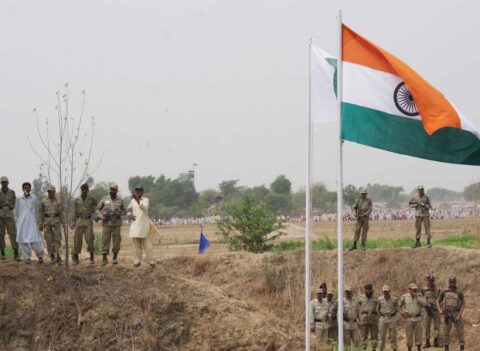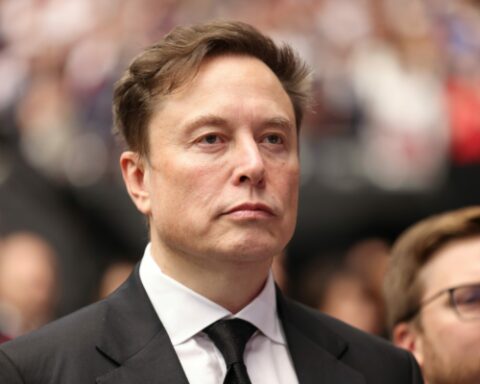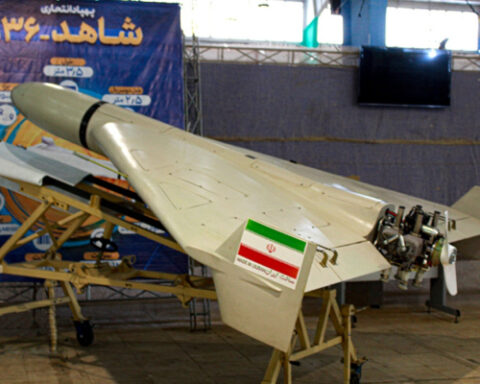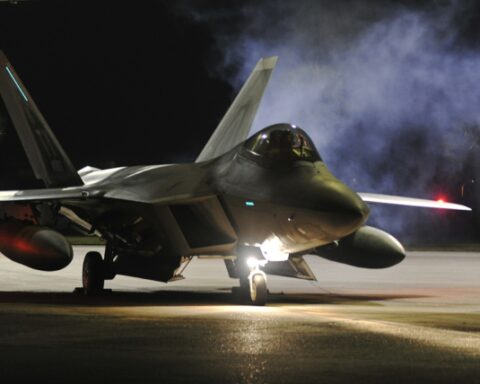A Mexican mayor who had publicly pleaded with President Claudia Sheinbaum to take stronger action against drug cartels was assassinated Saturday night in a shocking act of violence that underscored the grip of organized crime across much of Mexico.
Carlos Manzo, mayor of Uruapan—the epicenter of Mexico’s multibillion-dollar avocado trade—was fatally shot while leading a Day of the Dead candle-lighting ceremony in the city’s main plaza. Officials said he was struck seven times before security forces killed the gunman.
The brazen killing in Michoacán, one of Mexico’s most violent states, marked a grim reminder of the lawlessness that has long plagued the country’s agricultural heartland. Manzo, known for his cowboy hat and bulletproof vest, had repeatedly warned that his city was under siege from heavily armed criminal gangs. He had also urged the federal government to take a tougher stance.
“Criminals who resist arrest should be killed if they don’t surrender,” Manzo said earlier this year, calling for a renewed federal crackdown on the cartels that have extorted farmers, terrorized residents, and fueled the illicit drug trade.
Manzo, who once served as a federal congressman with Mexico’s ruling party before winning the Uruapan mayoralty as an independent, had made himself a visible target. He often led police operations personally, insisting that local law enforcement must “preach by example.” “I could be at home, scared and hiding under the bed,” he told a television reporter. “But I go out in front and have been in shootouts where we fight the delinquents.”
Before his death, Manzo had issued an appeal directly to President Sheinbaum, urging her to send federal forces to “clean the mountains of the people who are killing and extorting avocado growers, and killing children.” He lamented that his local police were outgunned by the cartels’ military-grade weapons.
President Sheinbaum condemned the assassination on Sunday, saying that her administration “has strengthened security efforts” and that Manzo had received federal protection, including 14 National Guardsmen. Security Secretary Omar García Harfuch said the federal detail had been reinforced in May and included local officers trusted by the mayor. Two suspects have been captured, and investigators say the weapon used in the attack has been linked to two other gang-related shootings.
Still, Manzo’s killing has been widely viewed as a failure of the federal government’s ability to protect local officials. “Michoacán has been a hot spot for more than 20 years, and we didn’t have the intelligence that a leading official was at risk?” said Alberto Islas, a security consultant in Mexico City.
The violence in Michoacán dates back decades. In 2006, cartel gunmen dumped five human heads in a Uruapan bar—a gruesome act that spurred then-President Felipe Calderón to launch Mexico’s modern war on drugs. Today, the state remains a battleground between the powerful Jalisco New Generation Cartel and the Cárteles Unidos, a loose coalition of local gangs. Both groups reportedly use military tactics, drones, and land mines.
Despite years of federal pledges, Michoacán remains one of Mexico’s most dangerous regions, ranking third nationwide for clandestine drug lab seizures.
In one of his final public messages, posted in August, Manzo warned residents to stay indoors after police captured a local cartel boss. “Please be careful, and don’t leave the house until the code red is lifted,” he said—a plea that now reads as both an act of courage and a tragic acknowledgment of the state’s enduring crisis of authority.
His death, in full public view, has ignited outrage among citizens demanding protection and accountability. For many, Manzo’s assassination stands as a damning symbol of a nation where criminal power continues to eclipse government control.
[READ MORE: Trump Rejects Nvidia’s Push to Sell Advanced AI Chips to China After Security Warnings]









